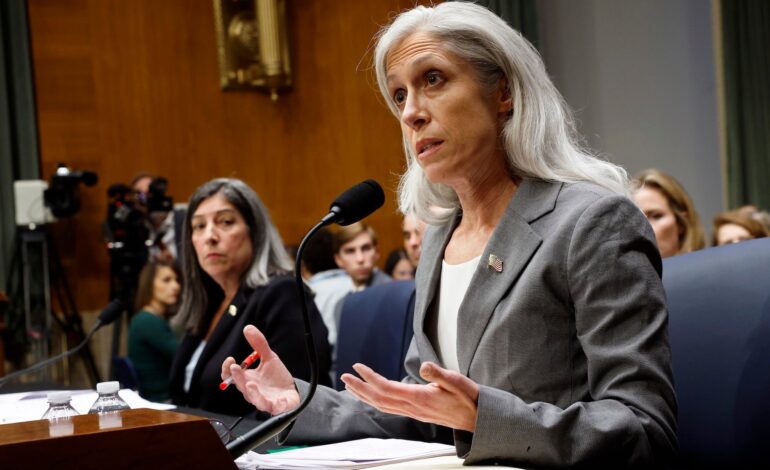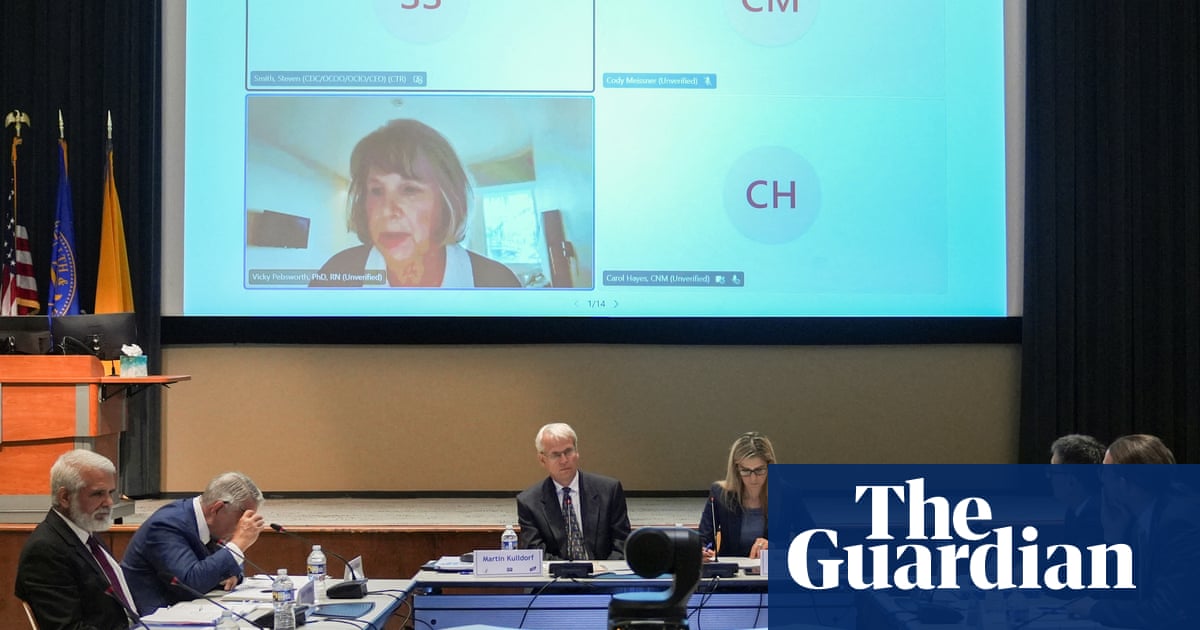Former CDC Director Critiques Kennedy’s Leadership at Senate Hearing

Former CDC Director Susan Monarez provided a stark warning during a Senate hearing on August 19, 2023, regarding the actions of Robert F. Kennedy Jr., the current Secretary of Health and Human Services (HHS). Monarez accused Kennedy of undermining scientific integrity at the CDC, claiming that his actions could have dire consequences for public health.
Monarez testified that Kennedy had attempted to alter the childhood vaccination schedule, demanding her complicity in changes she believed would erode vaccine protections. She stated, “I could have stayed silent, agreed to the demands, and no one would have known. What the public would have seen were scientists dismissed without cause.” Monarez ultimately lost her position as director after resisting Kennedy’s requests and expressing concerns about his approach.
Allegations of Misconduct
During her testimony, Monarez revealed that Kennedy had instructed her not to communicate with senators, a request she found unusual for someone in her position. She indicated that after raising concerns with Congress, Kennedy ordered her to refrain from future discussions. Senator Maggie Hassan of New Hampshire pressed Monarez on Kennedy’s demand to fire CDC officials who opposed his anti-vaccine agenda.
Monarez described Kennedy’s remarks about the CDC as particularly troubling. She recounted his claims that CDC employees were “killing children” and suggested that they were influenced by pharmaceutical companies. “He called the CDC ‘the most corrupt federal agency in the world,’” Monarez stated. She also expressed her dismay at a vivid accusation regarding the treatment of COVID-19 patients, stating that Kennedy claimed the CDC instructed hospitals to delay care until patients exhibited severe symptoms.
Since Kennedy’s appointment, it has been reported that over 2,000 employees have been removed or targeted for dismissal, raising concerns about a broader pattern of dismissing scientific expertise at the CDC.
Political Tensions and Vaccine Safety Debates
The Senate hearing featured intense exchanges, particularly from Republican senators. Senator Bill Cassidy of Louisiana noted that Kennedy had sent an email stating that all major CDC policy decisions would require approval from political appointees. This raised alarms about the prioritization of political over scientific considerations in health policy.
Senator Rand Paul from Kentucky attempted to question the safety of vaccines during his interaction with Monarez, reflecting ongoing partisan divisions around public health issues. Kennedy’s presence on social media amplified these tensions, as he expressed support for Paul’s assertions.
Monarez faced persistent scrutiny from several Republican senators who seemed more focused on discrediting her than addressing the issues she raised. Senator Markwayne Mullin of Oklahoma suggested that a recording of Monarez’s conversations with Kennedy existed, further complicating the narrative.
The hearing also addressed a recent shooting incident at the CDC headquarters, where a man, reportedly unhappy with the COVID-19 vaccine, opened fire. This incident has heightened fears among public health officials, prompting former CDC official Debra Houry to speak about the trauma experienced by CDC staff. Houry noted that many scientists have since removed their names from published papers due to safety concerns stemming from anti-vaccine sentiments.
Monarez’s testimony and the surrounding discussions have intensified the ongoing debate about vaccine safety and public health policy. As the CDC prepares to revise its recommendations for childhood vaccinations, the implications of Kennedy’s leadership continue to resonate within the scientific community and beyond.
Senator Bernie Sanders encapsulated the urgency of the situation by stating, “It is absurd to have to say this in the year 2025, but vaccines are safe and effective.” As the political landscape evolves, the future of public health policy remains uncertain, with the CDC at a critical juncture.






